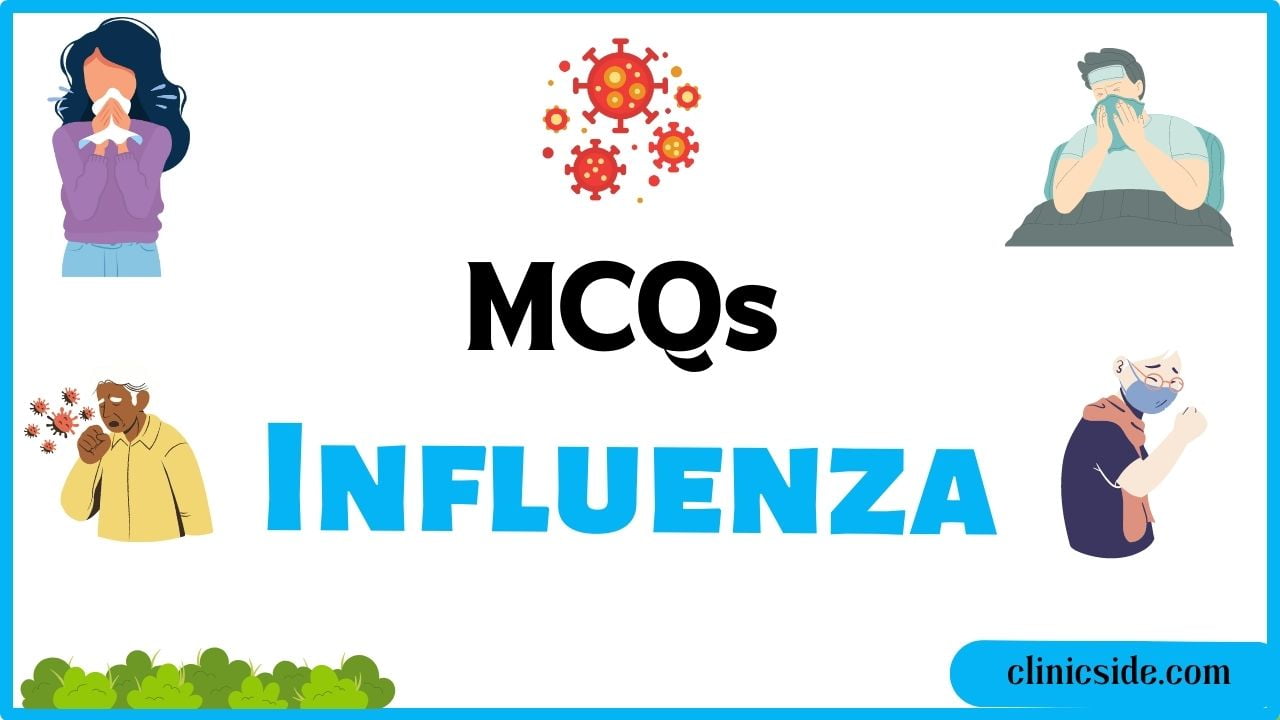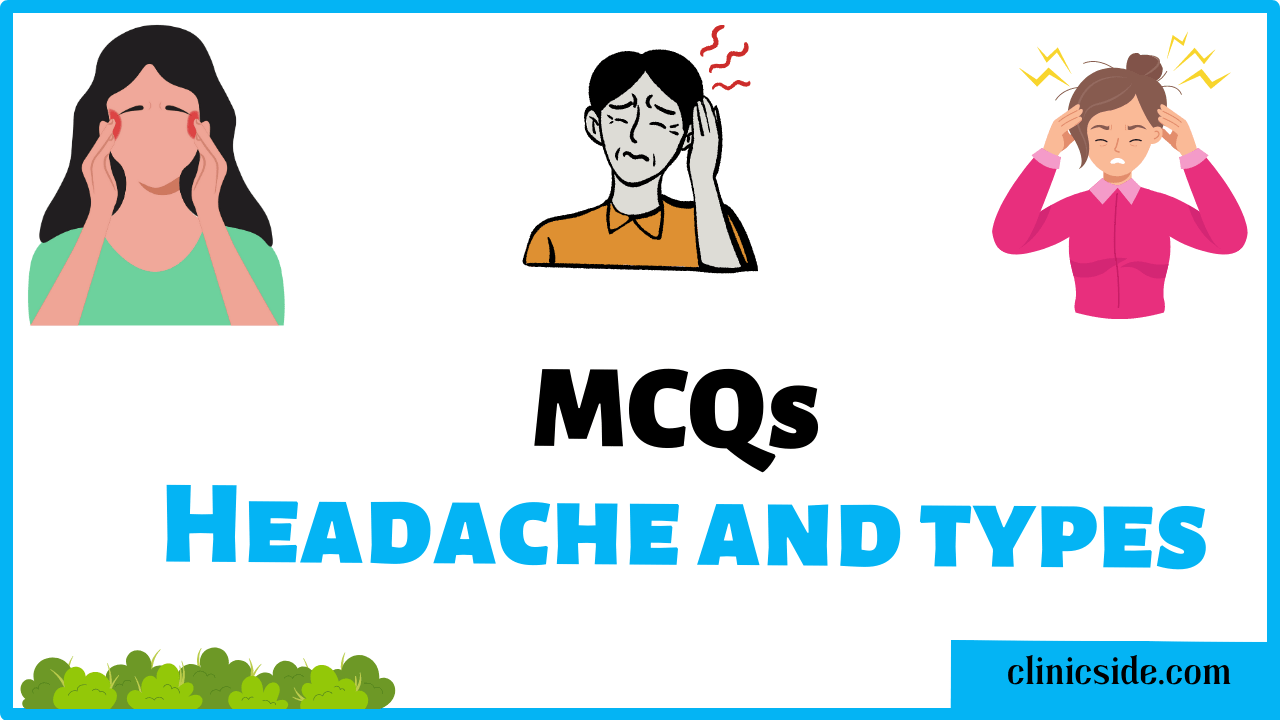Quiz
Available options: 1 to 20
Pre-Quiz Discussion On Depression:
Depression is a common mental health condition characterized by persistent feelings of sadness, low mood, and a loss of interest or pleasure in activities. It affects how a person thinks, feels, and handles daily activities, often leading to emotional and physical problems.
Symptoms and Types:
Symptoms of depression can vary from person to person but typically include:
- Persistent sadness or feeling “empty”
- Loss of interest in activities once enjoyed
- Changes in appetite or weight
- Difficulty sleeping or oversleeping
- Fatigue or loss of energy
- Feelings of worthlessness or excessive guilt
- Difficulty concentrating or making decisions
- Thoughts of death or suicide
Depression manifests itself in a variety of ways, including major depressive disorder (MDD), persistent depressive disorder (dysthymia), postpartum depression, seasonal affective disorder (SAD) and others. Each type may have specific triggers, durations, and symptoms.
Causes:
The causes of depression are multifaceted and can involve a combination of genetic, biological, environmental, and psychological factors. Imbalances in brain chemistry, hormonal changes, trauma, chronic illness, stress, and certain medications can contribute to its development.
Treatment:
Depression is treatable, and various effective treatments exist. These include:
- Psychotherapy: Talk therapy or counseling sessions help individuals explore and manage their emotions, thoughts, and behaviors.
- Medications: Antidepressants can help correct chemical imbalances in the brain.
- Lifestyle Changes: Engaging in regular exercise, maintaining a healthy diet, adequate sleep, and reducing stress can alleviate symptoms.
- Seeking Help: It’s crucial for individuals experiencing symptoms of depression to seek professional help. Talking to a mental health professional, counselor, or therapist can provide the necessary guidance and support to manage depression.
Brief explanation of different types of depression:
Major Depressive Disorder (MDD): Also known as clinical depression, MDD involves persistent feelings of sadness, hopelessness, and a lack of interest or pleasure in daily activities. It significantly affects an individual’s quality of life and may require medical intervention.
Persistent Depressive Disorder (Dysthymia): Dysthymia is a chronic form of depression lasting for at least two years. While the symptoms may not be as severe as MDD, they are long-lasting and can impact daily functioning.
Seasonal Affective Disorder (SAD): This type of depression is related to changes in seasons, often occurring during fall and winter when there’s less sunlight. Symptoms include low energy, moodiness, and changes in sleep and appetite.
Postpartum depression: After childbirth, some mothers may experience a condition called postpartum depression, feeling very down or upset. It is characterized by feelings of severe sadness, anxiety, and tiredness. It can affect the ability to care for oneself and the newborn.
Bipolar Disorder: This condition involves alternating episodes of depression and mania. The depressive phase resembles symptoms of major depression, while the manic phase includes periods of elevated mood, high energy, and risky behavior.
Psychotic Depression: In addition to depressive symptoms, individuals with psychotic depression experience delusions or hallucinations. These experiences often revolve around themes of guilt, poverty, or illness.
Premenstrual Dysphoric Disorder (PMDD): This is a severe form of premenstrual syndrome (PMS) that leads to emotional and physical symptoms, such as mood swings, irritability, and depression, before menstruation.
Test Guidelines and Time Limit:
Guidelines for Maximizing Your Quiz Experience:
Read and Understand:
Carefully read each question related to Depression and ensure you have a clear understanding of the concepts before selecting your answer. This will help you make informed choices and avoid misconceptions.
Choose the Best Answer:
Evaluate all available options before selecting the one that aligns best with your knowledge of Depression. Strive for accuracy and relevance in your responses.
Time Management:
The quiz has a time limit based on the number of questions you choose. Allocate 45 seconds per question. Manage your time wisely to complete all questions within the allotted time.
Efficient time management increases your likelihood of successfully completing the quiz and submitting your answers within the designated timeframe. Best of luck!






